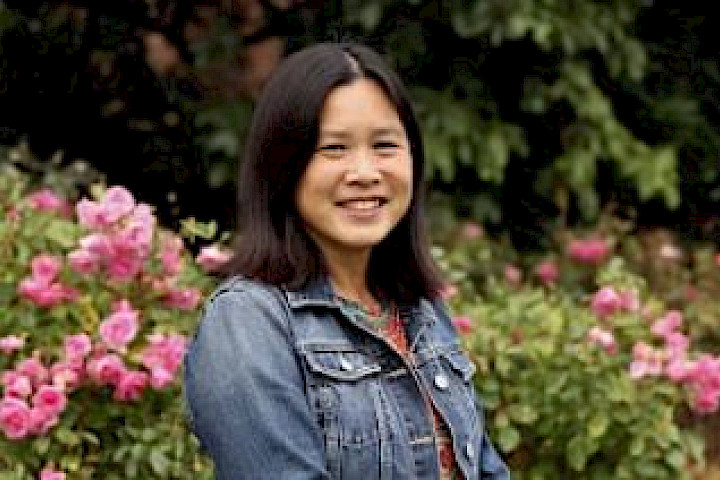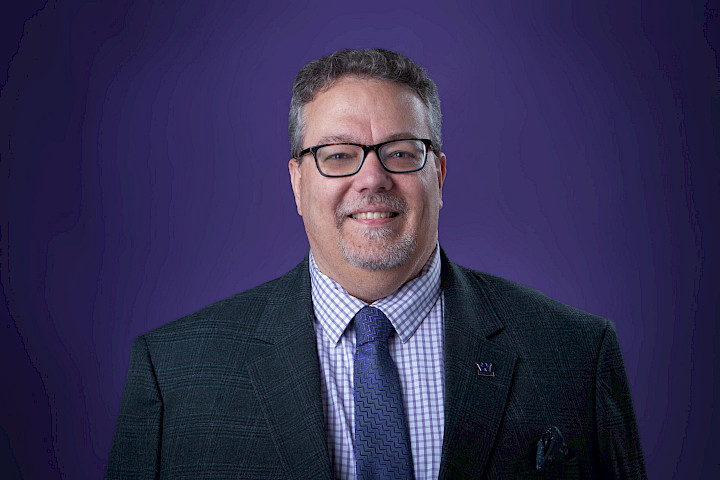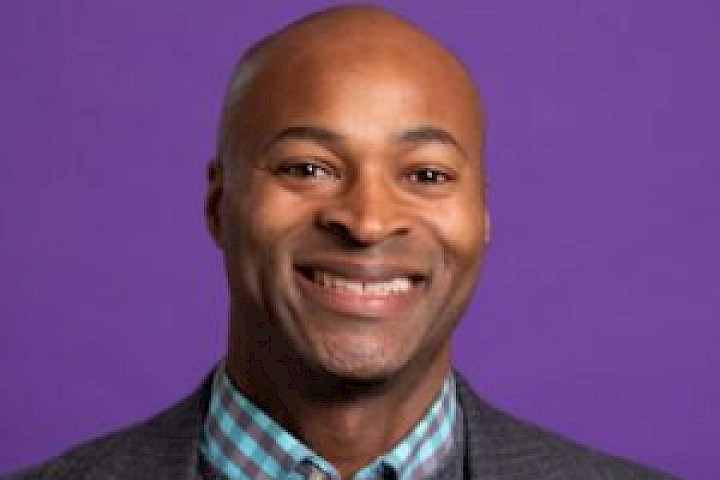




At this pivotal time in history, compassion, leadership, and skilled problem-solving are crucial.
Public universities are one of the few places in our society where people can choose to come together across differences to solve problems. Only through this type of productive engagement can we solve common problems that we cannot solve alone and collectively impact the health and flourishing of our campus and the world.
The UW Dialogue Initiative empowers students with the tools and mindsets to engage in skilled and productive dialogue across differences. The most profound learning occurs in classrooms and across our campus communities when we interact, embrace diverse perspectives, and strive for deeper learning and understanding.
The UW Dialogue Initiative sets the foundation for students to learn and practice meaningful discourse centered on empathy, honesty, and respect. The initiative encourages students to be aware of misinformation and disinformation, diligent about checking the sources of information, and critical thinkers and scholars.
The Provost’s Office commits to supporting the UW Dialogue Initiative through FY27. The initiative will activate, align, and evaluate new and ongoing efforts to encourage meaningful discourse for incoming and current students on the Seattle, Bothell, and Tacoma campuses. Please contact the project lead or campus liaison if you have a program centered around the project themes to align, connect, or promote.
For more information, contact uwdialogue@uw.edu.
The five core tenets below represent the shared learning outcomes for the Tri-Campus UW Dialogue Initiative. While these outcomes provide a unified framework, each campus retains the autonomy to implement, evaluate, and adapt them in ways that best align with their own context.
Assessment will take place after each new student orientation session, which sets the foundation for students’ dialogue learning. At the end of the academic year, a survey will be sent to all first-year and transfer students to understand how well these outcomes were met. Additionally, we will include one or more common survey questions across all three campuses to support shared assessment and collective learning.
It is our hope that all University of Washington students across Seattle, Bothell, and Tacoma will graduate embodying these learning outcomes and continue to practice them well beyond their time at UW. We recognize that growth in dialogue does not happen overnight; rather, it unfolds over time through consistent engagement. These outcomes are not limited to the UW Dialogue Initiative but are intended to show up across the entire student experience, from classrooms and campus programs to everyday interactions and community life. Through these shared learning outcomes, we aim to cultivate a generation of Huskies who lead with curiosity, empathy, and courage in every space they enter.
Pre-Survey (Before Orientation)
Post Orientation Assessment
Fall Quarter Assessment
Students will:
Measured by (examples): Reflective writing, pre/post surveys, and peer feedback.
Outcomes:
Students will:
Measured by (examples): Fact-checking assignments and small group conversations.
Outcomes:
Students will:
Measured by (examples): Facilitated dialogue participation, group collaboration, and peer feedback on communication and collaboration.
Outcomes:
Students will:
Measured by (examples): Guided mindfulness exercises, reflection logs (gratitude journals), facilitator observations.
Outcomes:
Students will:
Measured by (examples): Structured reflection prompts, homework assignments, and peer-to-peer practice dialogues.
Outcomes




